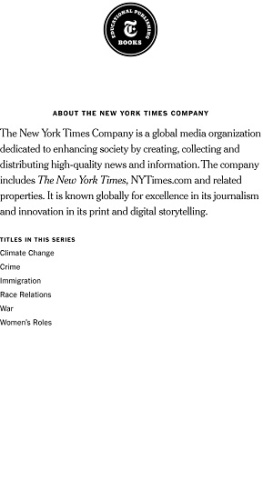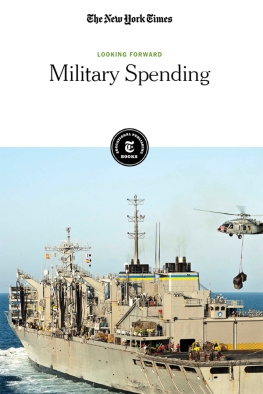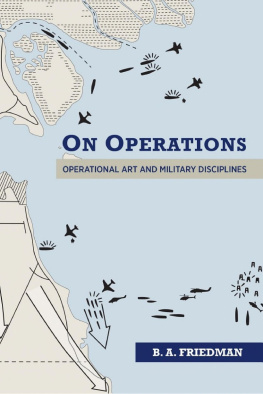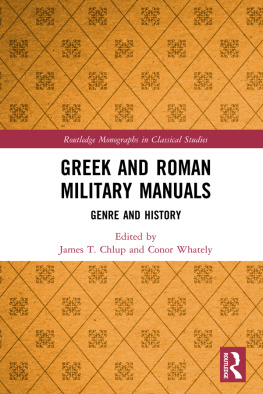Barakaldo Books 2020, all rights reserved. No part of this publication may be reproduced, stored in a retrieval system or transmitted by any means, electrical, mechanical or otherwise without the written permission of the copyright holder.
Publishers Note
Although in most cases we have retained the Authors original spelling and grammar to authentically reproduce the work of the Author and the original intent of such material, some additional notes and clarifications have been added for the modern readers benefit.
We have also made every effort to include all maps and illustrations of the original edition the limitations of formatting do not allow of including larger maps, we will upload as many of these maps as possible.
THE MILITARY STAFF
Its History and Development
J. D. HITTLE
Brigadier General
United States Marine Corps (Ret)
Table of Contents
Contents
Table of Contents
REQUEST FROM THE PUBLISHER
Acknowledgments
I am deeply indebted to General John L. DeWitt, USA, Ret., for his considerate encouragement and advice. General DeWitt, when commandant of the Army and Navy Staff College, took tone to read the manuscript of the first edition and offered valuable constructive criticism. The late Brigadier General John MacA. Palmer, USA, Ret, was extremely helpful in freely giving his advice and consultation, particularly in regard to U.S. staff history. The late Brigadier General Oliver L. Spaulding, USA, and Colonel John W. Wright, USA, while associated with the Historical Section, Army War College, aided me materially through their authoritative counsel and suggestions as to sources of information.
Captain Henri Barbeau, French Marines, extended valuable help in the translation of French military articles. The late Douglas S. Freeman, recognized authority on the Confederate Army, aided in matters pertaining to the Confederate staffs. The late Colonel Adelno Gibson, USA, librarian of the Army War College, and his staff, rendered indispensable assistance by compiling bibliographical lists and furnishing immediate service in mailing such research material as I requested. I also appreciate the help of numerous of my colleagues in the Marine Corps Schools for their valuable criticism. Richard Gordon McCloskey rendered helpful technical and literary advice.
With respect to the recently added chapter on Russian staff history, I am indebted, among others, to the following: Dr. D. Fedetoff White, who generously provided research suggestions and historical information; Col. A.M. Nickolaieff, Russian Imperial General Staff, who furnished valuable data on the staff prior to the Revolution; Professor Cyril E. Black, Princeton University, who assisted greatly in searching for sources of information; and the Rev. J. T. Dorosh, Slavonic Section, library of Congress, who provided valuable assistance by translating Russian encyclopedia articles.
Major-General John B. Deane, USA, Ret., former U.S. Military Attach to Russia, was extremely helpful by providing information regarding the Red Army General Staff during the late war, and I have received valuable suggestions from Dr. Dallas D. Irvine, National Archives. Also, indispensable assistance has been given by Dr. V. Gsovski, Foreign Law Section of the Library of Congress, who aided both in research and translating.
Without the help of these and many others who have likewise demonstrated an interest in the subject, and who have aided me in varying degrees, the completion of this book would have been an insurmountable task.
The first edition of The Military Staff contained, as a frontispiece, a copy of a letter from the commandant of the Army and Navy Staff College, Lieutenant-General John L. DeWitt. As a result of the addition of the new Russian chapter, General DeWitts comments are not wholly applicable to the later editions. However, because it is felt that the reader will be interested in learning of the authoritative approbation accorded the original edition of this book, the letter is printed below:
ARMY AND NAVY STAFF COLLEGE
Office of the Commandant
Washington 25, D. C.
5 July 1944
Lieut.-Colonel J. D. Hittle, U.S.M.C.
United States Marine Corps School
Quantico, Virginia
Dear Colonel Hittle:
I have read with interest and profit your manuscript covering the staff organizations and functions of the Armies of France, Germany, Great Britain and the United States, together with the historical background.
It is a well prepared, highly professional document and shows the result of much research and hard work in its preparation, and should constitute a valuable contribution, especially at this time, to the study of command and staff organization in our Armed Forces.
Sincerely yours,
S/J. L. DeWitt
J. L. DeWitt
Lieutenant-General, U.S. Army
Authors Preface
Shortly after joining the staff of the Marine Corps Schools, I began research preparatory to writing a lecture on staff history. As my study extended past the reading of encyclopedia articles, I discovered to my amazement that there was no single book to which one could turn for information on the evolution of the staff doctrine of modern armies through the course of military history.
While the average military reader has a reasonably clear understanding, for instance, of how artillery, cavalry, or aviation has developed, few individuals have a definite idea of the historic significance of military staffs. To some, the staff and the manner in which it does its work is merely a device contrived by writers of school texts and field manuals for academic purposes. Actually, such views are not substantiated by historical facts. The staff system has a history and development as well defined as any of the phases of the military art. Just as infantry, or the other arms experienced continuous changes and improvements, the staff has also undergone constant evolution. The staff doctrine of modern armies is no modern invention; it is the cumulative result of a long evolutionary process. Most persons can better appreciate a thing when they know the steps by which it came into being. It is for those that these pages have been written.
The subject is intentionally not handled in minute detail, for to have made this discussion an encyclopedic history of the military staff would have defeated its purpose. There may be some question as to why I have carried the survey back into early ancient eras. This was done because I do not feel that it is possible to point to any one stage of military history and say; This is the origin of the staff, To have skipped the ancient era would have resulted in overlooking the early precedents and from the historical standpoint would have made the survey incomplete.
I have attempted to adjust the principal chapters of the book to the pattern of staff evolution. Prior to Gustavus Adolphus (King of Sweden, 1594-1632) there was a common continuity to all staff development. Subsequent to his death at the Battle of Ltzen, the national character of armies became more pronounced and staff systems, with national military institutions, acquired individual characteristics. That is the reason for dividing the post-Gustavian discussion into five separate chapters, one each for German, French, British, United States, and Russian staff development. The Russian chapter, not included in the original edition, traces the history and concept of the Russian General Staff system both prior to and after the Revolution.













